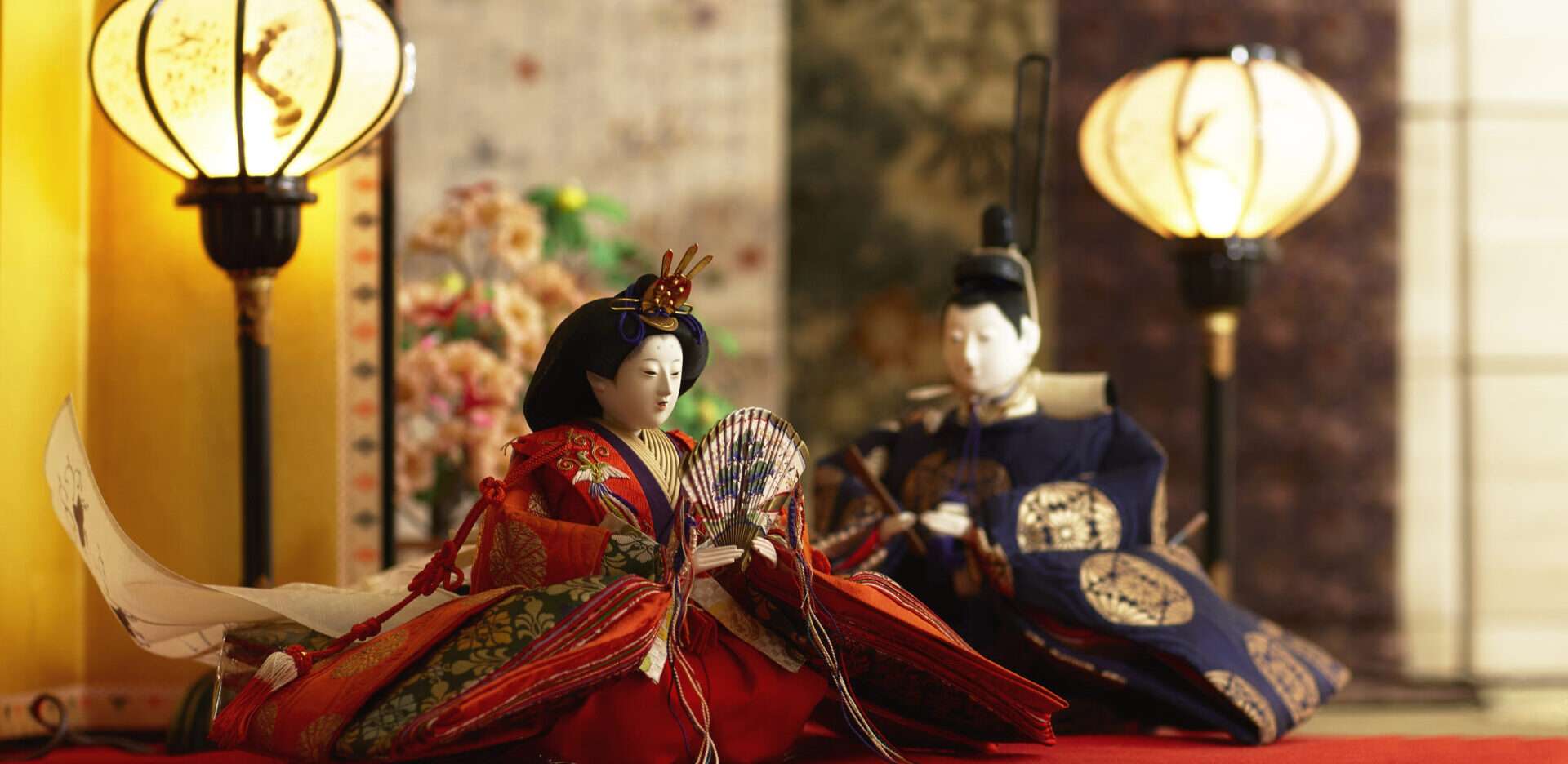Hello!
こんにちは、S1英会話です。
さあ、今日も元気に英語でコミュニケーション♪
今回のテーマは「バレンタインデーの日本とアメリカとの違い」です。
パールと健太がバレンタインデーについて話をしています。
★会話★
Pearl and Kenta are talking about St. Valentine’s Day.
Pearl: What is your favorite memorial day?
Kenta: I love St. Valentine’s Day.
Pearl: Really? But, why?
Kenta: Because I can get chocolate from many women. Some women give chocolate to express their love. On the other hand, some women give it out of charity.
Pearl: Really? We do it differently in America.
Kenta: How different?
Pearl: Not only women but also men give some presents or cards to their close friends.
Kenta: How about White Day?
Pearl: What’s that?
Kenta: Men who were given chocolate give some presents in return.
Pearl: We don’t do that. But it sounds interesting.
★ワンポイント★
favorite:お気に入りの、大好きな
memorial day:記念日
differently:(副詞)違って、そうではなく
How different?:「どんな風に違いますか?」
not only A but also B:AだけでなくBもまた
close:親しい
Men who were given chocolate:whoは関係代名詞でwere given chocolateがMenを修飾している
in return:お返しに
it sounds~:~そうに思える
on the other hand:(前文を受けて)一方では
out of charity:義理で
★訳文★
Pearl and Kenta are talking about St. Valentine’s Day. (パールと健太がバレンタインデーのことについて話をしています。)
Pearl: What is your favorite memorial day? (あなたのお気に入りの記念日は何?)
Kenta: I love St. Valentine’s Day. (バレンタインデーが大好きだ。)
Pearl: Really? But, why? (本当?なぜ?)
Kenta: Because I can get chocolate from many women. Some women give chocolate to express their love. On the other hand, some women give it out of charity. (だって、たくさんの女性からチョコレートをもらえるんだ。 愛情を表現するためにチョコレートをあげる女性もいる。一方では、義理でチョコをあげる女性もいるんだ。)
Pearl: Really? We do it differently in America. (そうなの? アメリカではそうじゃないわ。)
Kenta: How different? (どんな風に違う?)
Pearl: Not only women but also men give some presents or cards to their close friends. (女性だけじゃなく、男性も親しい人に贈り物やカードを贈るの。)
Kenta: How about White Day? (ホワイトデーはどう?)
Pearl: What’s that? (それ何?)
Kenta: Men who were given chocolate give some presents in return. (チョコレートをもらった男達がお返しに贈り物をするんだ。)
Pearl: We don’t do that. But it sounds interesting. (私たちはそれはしないわ。でもおもしろそう。)
バレンタインデーは、日本と欧米ではお祝いの仕方が違うようですね。
欧米では、男性も女性も花やケーキ、カードなど色々な贈り物を恋人や親しい人に贈るそうです。
日本ではホワイトデーの習慣がありますが、欧米にはありません。
ローマ帝国の時代、2月14日は女神ユノの祝日でした。
ユノは結婚の神でもあります。翌2月15日は豊年祈願のルペルカリア祭の始まる日。
ローマ皇帝クラウディウス2世は兵士の婚姻を禁止しましたが、キリスト教司祭だったヴァレンティヌス(バレンタイン)は秘密に兵士を結婚させ、捕らえられ処刑されました。
処刑の日は2月14日でした。
そしてこの日が恋人たちの日となりました。
★会話★
Tom and Sachiko are talking about St. Valentine’s Day.
Tom: Hi, Sachiko.
What are you going to do next Sunday?
Sachiko: Well, I have no plans on that day.
But I’d like to eat out at the fancy restaurant with you.
How about you?
Tom: That’s a great idea!
I’d love to.
It’s on me.
Sachiko: That date is St. Valentine’s Day.
So I’ll give you handmade chocolate.
Tom: Oh, thanks.
I’ll give you some flowers.
Sachiko: Thanks, but in Japan, only ladies give chocolate to men on that day.
Tom: Really?
But in other countries, both men and women present something each other.
Sachiko: Is that true?
★ワンポイント★
have no plans:「何も予定が無い」
I’d like to~:「私は~したいと思う」
fancy:「おしゃれな」
I’d love to.:「是非そうしたい」「喜んで」(誘われたときに言う)
It’s on me:「自分が食事代を持つ」「私がおごる」
handmade:「手作りの」
What kind of~:「どんな種類の~」
each other:「お互いに」

★和訳★
Tom and Sachiko are talking about St. Valentine’s Day.
(トムとサチコがバレンタインデーについて話をしています。)
Tom: Hi, Sachiko. (やあ、サチコ。)
What are you going to do next Sunday?
(次の日曜日は何か予定している?)
Sachiko: Well, I have no plans on that day.
(ええと、その日は何も予定が無いわ。)
But I’d like to eat out at the fancy restaurant with you.
(でも、あなたと一緒におしゃれなレストランで食事をしたいわ。)
How about you?(あなたは?)
Tom: That’s a great idea!(それは良いね!)
I’d love to.(是非そうしよう。)
It’s on me.(僕がおごるよ。)
Sachiko: That date is St. Valentine’s Day.(その日はバレンタインデーね。)
So I’ll give you handmade chocolate.
(だから、手作りのチョコをあげるわ。)
Tom: Oh, thanks.(ああ、ありがとう。)
I’ll give you some flowers.(僕は君に花をあげよう。)
Sachiko: Thanks, but in Japan, only ladies give chocolate to men on that day.
(ありがとう、でも日本ではその日は女性だけが男性にチョコをあげるのよ。)
Tom: Really?(本当?)
But in other countries, both men and women present something each other.
(でも、他の国では、男性も女性もお互いに何かプレゼントをし合うんだよ。)
Sachiko: Is that true?(それ、本当?)



